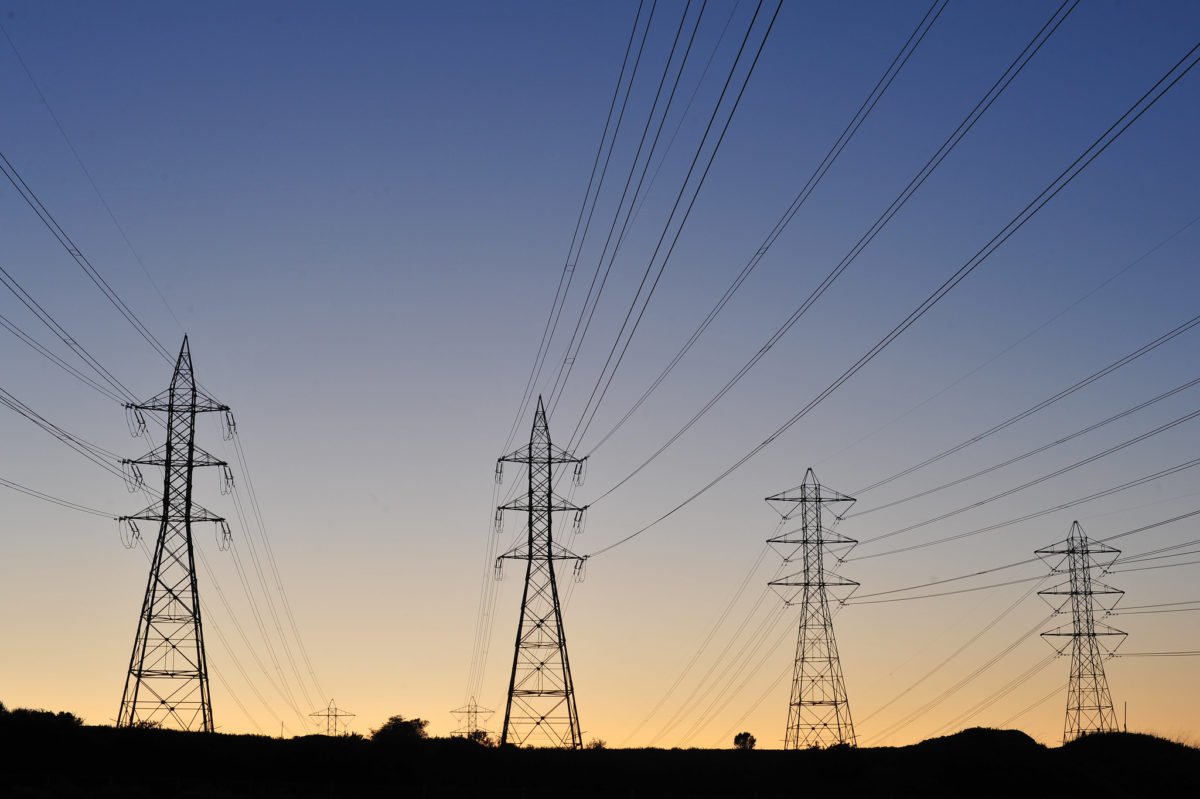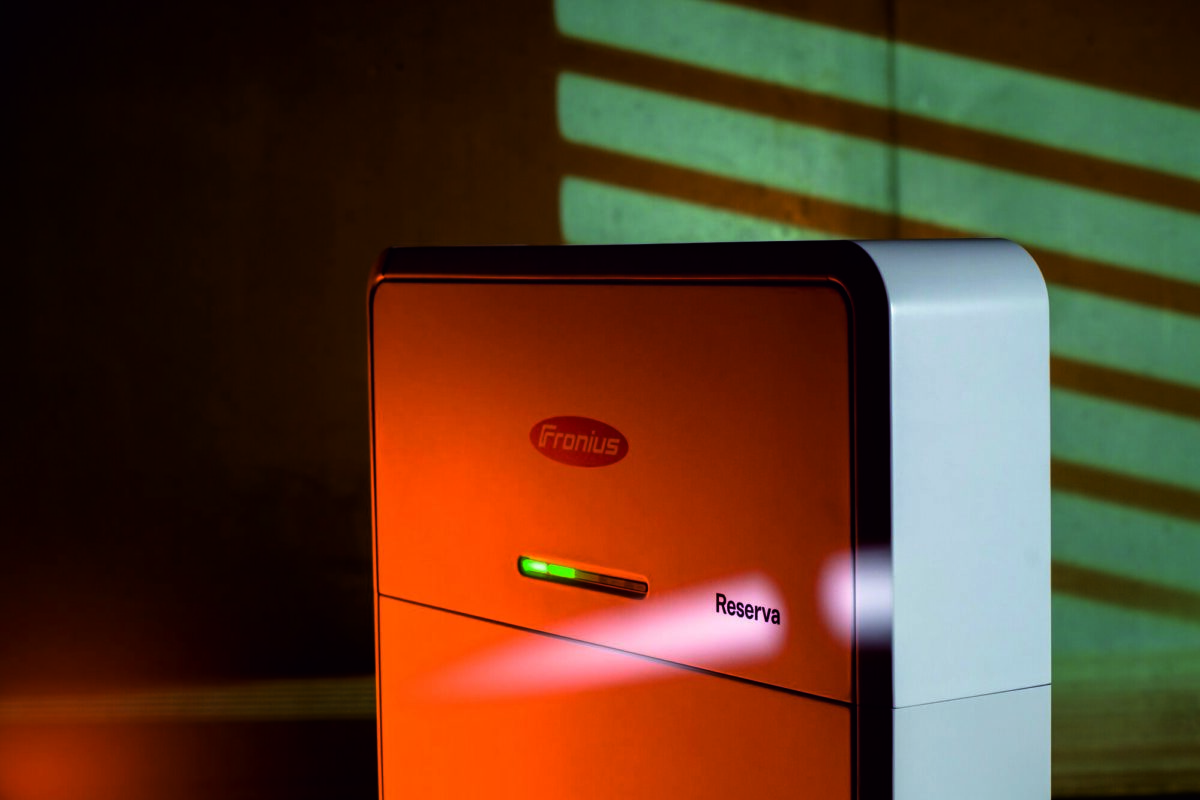A new set of challenges requires a new set of tools. Transitioning from centralized thermal power stations to higher levels of distributed, variable-output renewable energy generation systems requires new solutions for the provision of grid-supporting services.
Project LEITNING aims to develop a new tool for the challenge. The battery inverter under development can supply grid-supporting features such as reactive power management but can also go into ‘islanding' mode, offering the ability to work in grid-parallel operation, and can provide black-start capability.
A consortium comprising the Bonn-Rhein-Sieg University of Applied Sciences (H-BRS), research institute Fraunhofer IEE, municipal utility SWW Wunsiedel, power electronics company Freqcon GmbH, and equipment supplier Sumida Components & Modules GmbH, has come together to work on the new type of battery inverter.
Funding
Equipped with €6.42 million from the German Federal Ministry of Economy and Energy, the partners say they are planning to deliver a “power converter for robust and reliable energy supply through integration of ‘green' generators,” by their March 2024 project deadline.
Freqcon is taking the lead on the demonstrator phase of the program and H-BRS professor Marco Jung will be at the helm of topology research and will make component choices based on suitability for the tasks the device will face. Fraunhofer IEE will be responsible for the development of hardware and software as well as the laboratory conditions necessary to test the device. Semiconductor supplier Infineon Technologies AG will deliver silicon carbide MOSFETs and Sumida supply the inductive components. SWW Wunsiedel will lead the development of real-world use cases, create grid simulations, and validate field test results.
The project partners claim a successful project would produce a world first innovation with the LEITNING battery inverter becoming an essential building block for modern power supply.
Jung, professor for e-mobility and electric infrastructure at H-BRS and head of converter and electric drive technology at Fraunhofer IEE, told pv magazine the novel inverter would offer grid-forming controls based on statics when connected to a healthy grid. During power supply disturbance, the device could switch into uninterrupted-power-supply mode and form an island grid from renewable energy sources nearby.
The planned demonstrator will have 200 kVA capacity but the technology will be scalable to the multi megawatt-hour range, according to Jung.
The tests will be carried out using power hardware in a loop environment, in the laboratory and in the field, on the Wunsiedel grid. “The aim is to compare conventional power electronics against our newly developed system,” said Jung. “This includes testing of the controls, as well, as currently available uninterrupted power supply systems can form a grid but they cannot include and manage locally-produced renewable energy sources.”
Savings
Through silicon-carbide semiconductors, the inverter will offer a switching frequency of up to 200 kHz. That would allow for a cost-reduction, from the industry standard €50-90/kW down to €30-60/kW, according to the project partners. Inductive magnetic components could also be reduced in size. The consortium said it is aiming for power density of 2.5 kW/kg, a 25% rise on the current industry standard.
The knowledge gained from the three-and-a-half-year project will inform future renewables research and could be applied in “developing and emerging nations” as well as Germany and central Europe, according to Fraunhofer IEE.
This content is protected by copyright and may not be reused. If you want to cooperate with us and would like to reuse some of our content, please contact: editors@pv-magazine.com.




2 comments
By submitting this form you agree to pv magazine using your data for the purposes of publishing your comment.
Your personal data will only be disclosed or otherwise transmitted to third parties for the purposes of spam filtering or if this is necessary for technical maintenance of the website. Any other transfer to third parties will not take place unless this is justified on the basis of applicable data protection regulations or if pv magazine is legally obliged to do so.
You may revoke this consent at any time with effect for the future, in which case your personal data will be deleted immediately. Otherwise, your data will be deleted if pv magazine has processed your request or the purpose of data storage is fulfilled.
Further information on data privacy can be found in our Data Protection Policy.